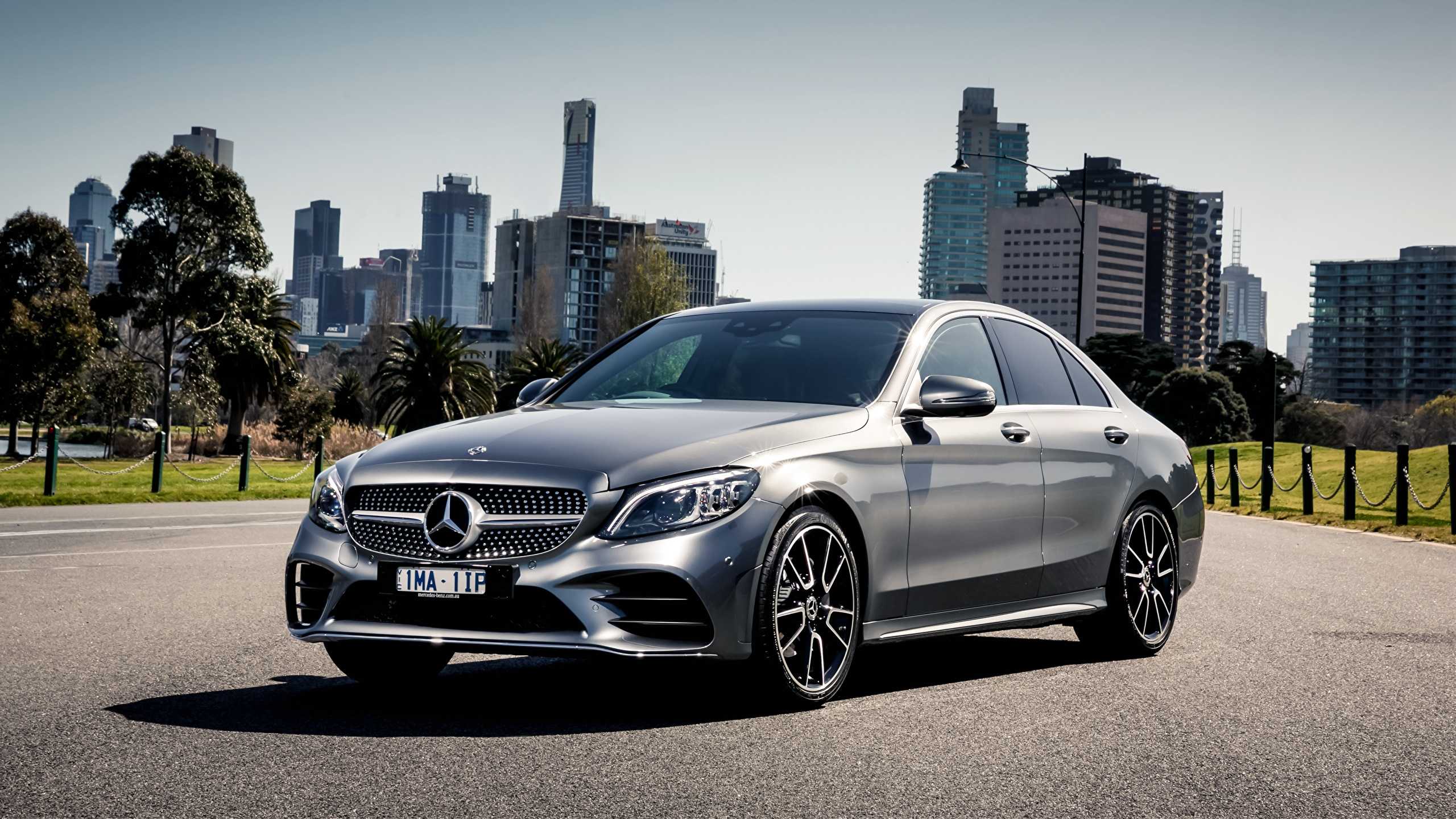
If you want an illustration of the state of confusion that is increasingly plaguing humanity in the age of unlimited information, just check out the CBS report from the Harley-Davidson plant in Menomonee Falls, Wisconsin.
The famous motorcycle manufacturer has suddenly found itself at the epicenter of Donald Trump’s trade war. In the past, the president has called the company a model for a bold, militant, and patriotic business that manages to survive on American soil despite the unfairness of global trade (at the time, Trump conveniently overlooked the fact that Halry has long been exporting some of his products to Thailand, India, and India).
But now Harley has suddenly found himself on the wrong side of the president’s wrath, saying he can export some of his production to Europe to avoid European Union duties on American motorcycles. They, in turn, arose as a result of Trump’s decision to tax aluminum and steel imports from Europe.
Trump, of course, reacted badly to this «betrayal.» In one of his famous tweets, the President wrote that Harley Davidson «will never be made in another country — never!». Employees and customers of the company were already very unhappy with this, Trump said, adding that if Harley moved production to Europe, it would be «the beginning of the end» for the company to be «taxed like never before!» «.
Such a threat from the White House, although it was made on a social network, was immediately reflected in the company’s securities, bringing them down by as much as 6%.
Even Harley workers, who are in serious danger of losing their jobs because of Trump’s policies, so far approve of his actions.
But Trump is right on at least one point: the company’s employees, or at least most of them, are on his side. And they support his measures, which will most likely put them out of work.
CBS interviewed many of them at Menomony Falls, which makes motorcycle engines. Answers ranged from «he knows what he’s doing, he’s a very smart businessman» to «bluffing to get them to sit down and negotiate» a thesis shared by more serious analysts. “I still think Trump is just negotiating to the brink of a razor to minimize the US trade deficit with a number of countries. A real trade war will not benefit anyone,” Georgy Naydenov, an economist, told Bloomberg TV.
Is such a “real” trade war even possible? It is just as unmanageable and escalating as a real war — and it is quite possible that Trump himself will be the main victim. Politically, the president’s attempts to please America’s so-called «rust belt» voters — from states where the steel, steel and engineering industries are in decline — seem logical. Trump’s fragile leadership in states like Wisconsin, where he hasn’t won a single Republican in 30 years, has made Trump president. But if the presidential method of sympathizing with these voters involves other sufferers — from big business to farmers who will be the next victim of a possible tariff swap with the EU — then a very strong foundation under Trump will fall apart.
But will they all suffer equally from ruthless trade restrictions? Dry statistics give Trump a reason. Only 12% of the US gross domestic product comes from exports of goods and services; for China, this share is 21%, and for the European Union — as much as 27%. Moreover, this fully explains the determination of the Europeans not to succumb to pressure this time. Tariffs on American whiskey are a clear expression of this determination. The famous Jack Daniels, for example, is only made in Lynchburg, Tennessee. The barrier to the European market will seriously affect its giant Brown-Forman.
On the other hand, car manufacturers seem to be the most vulnerable. Many analysts even believe that Trump’s measures are aimed at the European auto industry. But is it really so?
The export of cars from the Old Continent to the US is really impressive: $20.2 billion a year from Germany, $8.6 billion from the UK, $4.8 billion from Italy… Evercore ISI consultants have calculated that if the proposed 25- percentage duty on European cars, the Fiat-Chrysler group alone will lose 743 million euros of its annual profit. And he will probably be forced to close the Fiat plant in Melfi, near Naples, from where the Jeep Renegade is exported to America. Companies such as Jaguar Land Rover or Rolls-Royce Motor Cars, whose main market is the US, will take a heavy hit. But most of the German giants identified as the main target of Trump’s actions are actually well protected from them.
“We have always professed the philosophy that free trade is the best solution for the world as a whole,” said Peter Nota, the new BMW Group Sales and Marketing Director, on air in Bulgaria. “But if obstacles do arise, we are geographically diversified enough to overcome the negative impacts.” BMW has long built most of its models for the US market in Spartanburg, South Carolina. Moreover, last year the Bavarian group was the largest car exporter … from the USA (mainly to China).
Daimler, which makes rival Mercedes-Benz, also has a US plant in Alabama and last fall invested 1 billion euros to expand it. Volkswagen did the same with its Tennessee plant. That is, the main threat to the Germans is not that Trump will impose tariffs on imported cars, but that the Chinese will respond, because then the Carolina-made BMW X5 will become unsaleable in China.
Tariffs will have the opposite effect: all major US manufacturers also have factories in Mexico. If trade barriers are raised too high, jobs will actually flow from the United States to the other side, not the other way around.
Mercedes plant in Tuscaloosa, Alabama. In fact, for the German giants, it is more important whether the US will tax imports from Europe, but whether China will tax imports from the United States.
Finally, there is the impact on American citizens, members of the most consumer-oriented society on the planet. According to the North American Automotive Industry Organization, the imposition of Trump’s tariff will increase the average price of a new car in the country by $5,800. This would amount to a $45 billion tax burden, the companies estimate, and predict that «the introduction of new tariffs will lead to increased costs, production costs and, as a result, falling sales and cutting jobs». Rating agency Moody’s also warned that import duties on cars will have a negative impact on all segments of the industry: manufacturers, suppliers, dealers and so on. There is probably some truth in the words of Cecilia Malmström: the European Commissioner for Trade, Trump’s plans will be hindered by the same American business, which he supposedly wants to protect. «US companies will react and they will pressure the US administration to say wait, this is bad for the US economy,» Malmström said.
